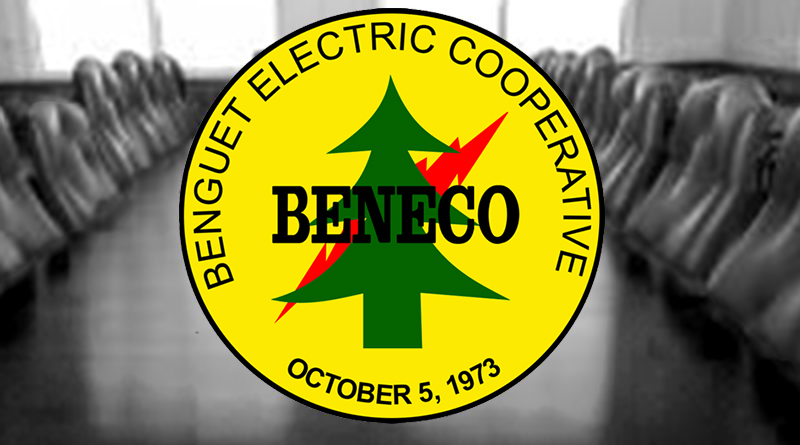LA TRINIDAD, Benguet – The province’s Indigenous Peoples mandatory Representative (IPMR) lauded the Cordillera office of the National Commission on Indigenous Peoples (NCIP-CAR) under the stewardship of regional director lawyer Marlon Bosantog for working hard to impose the required free and prior informed consent (FPIC) from the ancestral domain holders prior to the implementation of development projects, not only by the government, but also the private sector to ensure that indigenous peoples will get their due share from the use of their domain for such projects.
Boardmember and IPMR Recto Alaoas pointed out that the recent actions of the NCIP-CAR, through the initiative of Director Bosantog, to correct whatever defects of previous development projects that were completed and implemented in the past is considered a significant development in empowering the indigenous peoples to assert their right over the use of their ancestral domain to host high impact development projects in the different parts of the province.
He pointed out that exercising the mandate of the NCIP-CAR in ensuring that domain holders assert their rights over their ancestral domain and maximizing the benefits they can derive from hosting development projects is a giant task, thus, the need to have passionate and dedicated government officials to be in the forefront in leading the way for the sincere implementation of the pertinent provisions of Republic Act (RA) 8371 or the Indigenous Peoples Rights Act (IPRA).
Boardmember Alaoas claimed that Director Bosantog should continue empowering indigenous peoples to fully exercise their rights during the conduct of the FPIC process to avoid them from being shortchanged by developers and to make sure the said benefits from the exploitation of resources within the ancestral domain will accrue to the domain owners.
Earlier, Bosantog directed all companies operating in the province to ensure they have passed through the appropriate FPIC process and for those that did not comply with the same to undertake the said process required under the IPRA.
The NCIP-CAR official had been issuing show cause orders to the various companies operating in the province to justify their operations and whether or not the appropriate consent of the indigenous peoples had been secured through the prescribed FPIC process prior to their operation.
According to the boardmember, companies interested to develop and utilize the resources in ancestral domain must secure, prior to their operations, the consent of the indigenous peoples living within the domain where such operation is planned to be located.
Further, he added that the law mandates that indigenous peoples living within the domain where companies intend to operate must be granted a royalty share from the proceeds of such operation as part of their compensation for having appropriately preserved and protected their resources.
He urged the NCIP-CAR to pursue such a mandate and sustain the respect, promotion and protection of the rights of the indigenous peoples over their ancestral domain to avoid abuse by companies that intend to develop and utilize the same for their commercial activities. By HENT













